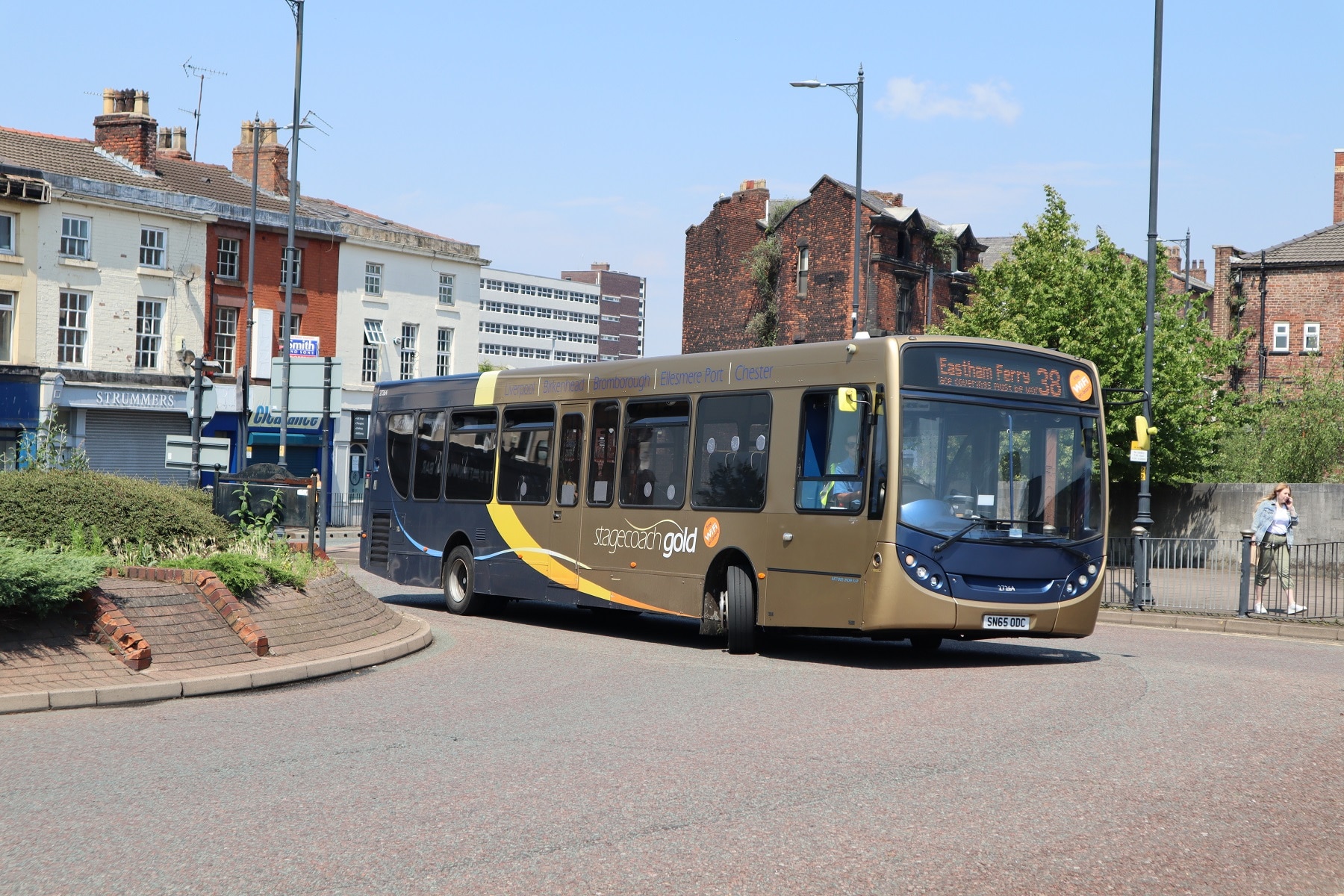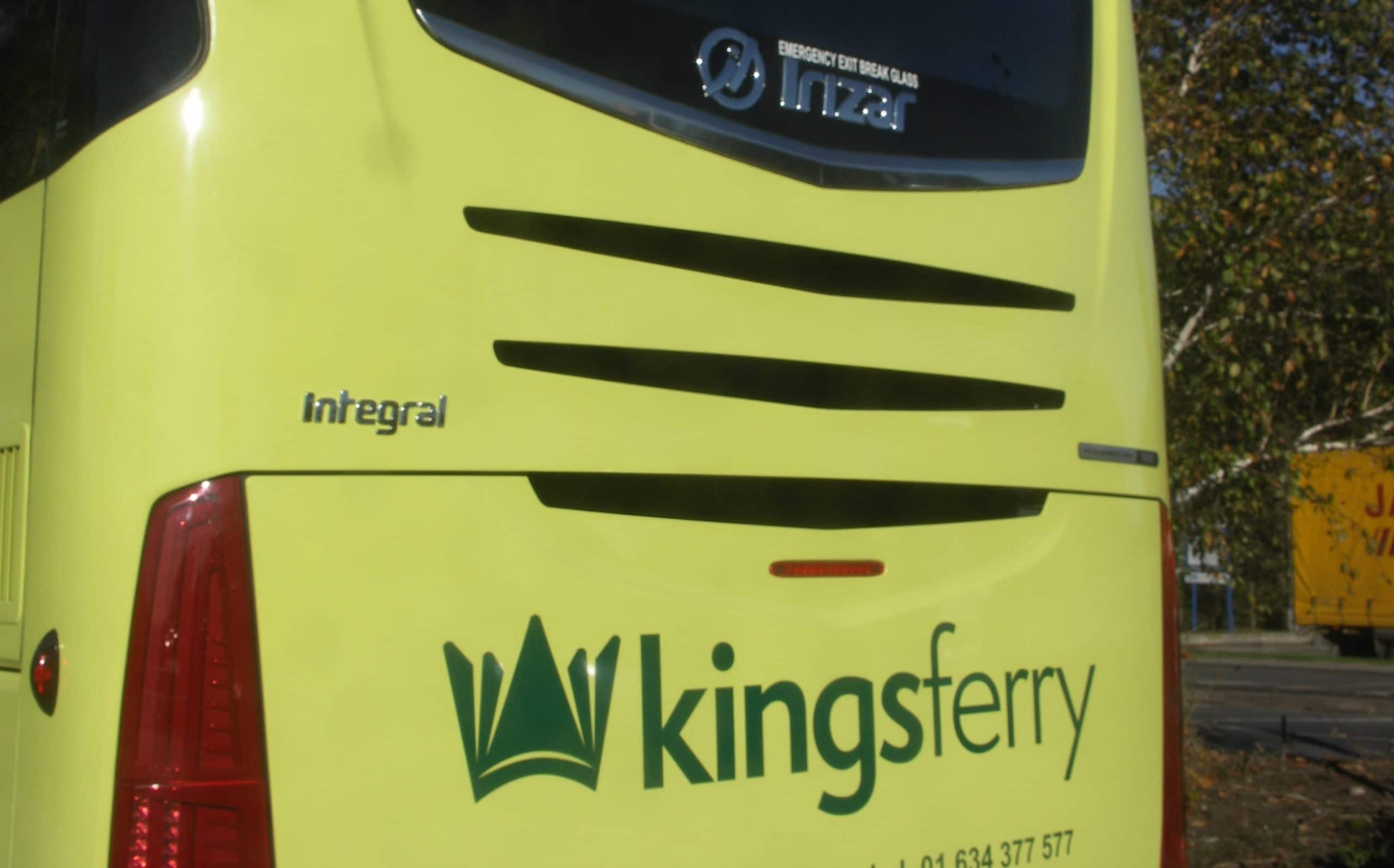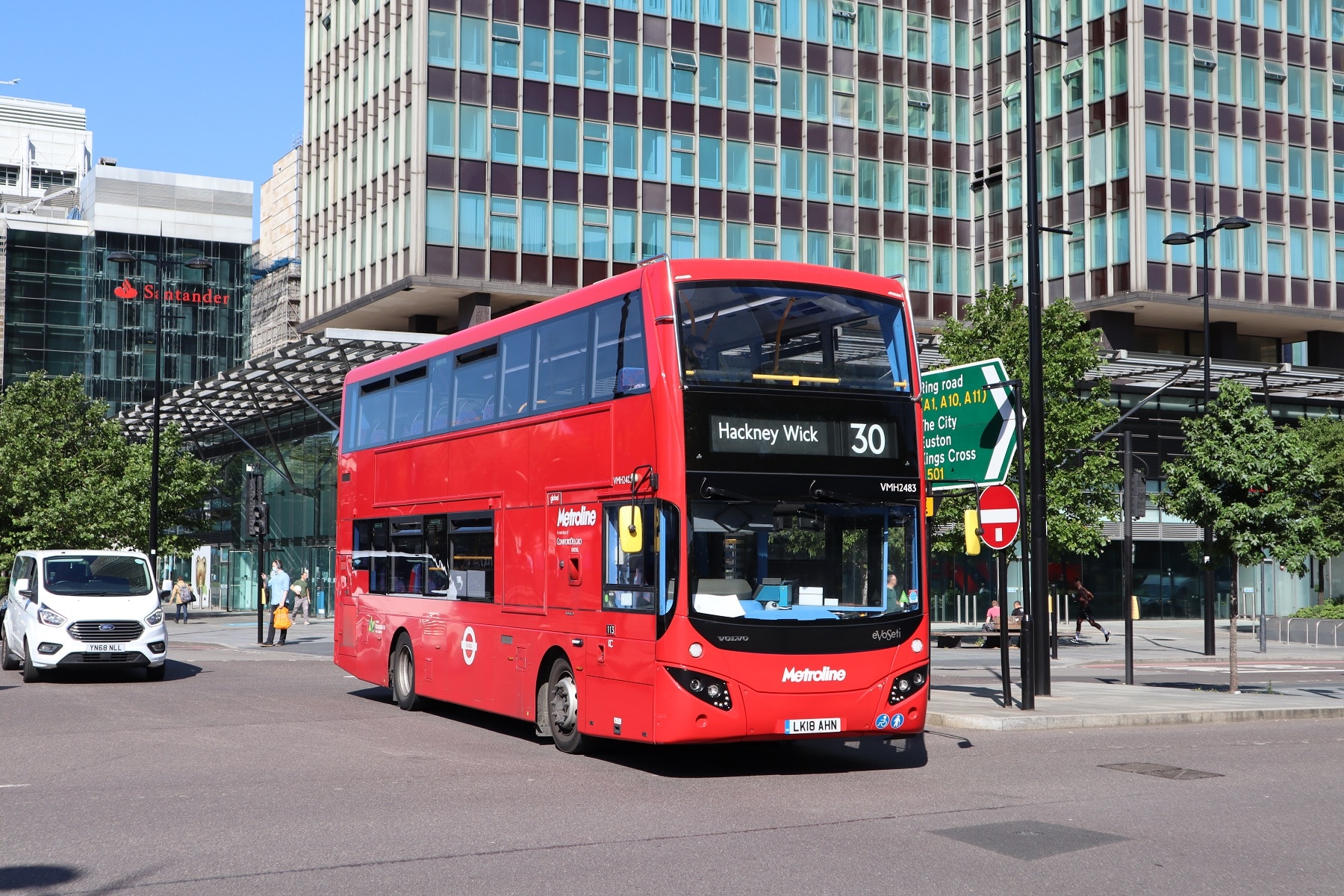Bus patronage as a percentage of pre-pandemic figures showed growth in February, with regional variations in the rate of recovery and the impact of the vaccination programme on usage starting to emerge.
Those findings are among results from a survey of members of bus industry managers’ association the Ten Per Cent Club. The overall verdict tallies with data collected by the Department for Transport, but the Club’s results delve into greater detail. They consider fare paying passengers and concessionary passholders, and commercial and tendered services, separately.
Concessionary bus patronage recovery rate strongest in February
On commercial services in February, the Club reports that fare paying passenger numbers as a percentage of pre-pandemic levels were 33%. That is up from 25% in January. Farepayers on tendered routes in February were at 22%, up from 17% in January.
The biggest increases in February came among concessionary passholders. On commercial services their number was 31% of pre-COVID-19 levels, up from 21% in January. The greatest increase came on tendered routes. There, a figure of 29% represented a major uplift from 17% in January.
“This is likely to reflect improved confidence among older people who have been vaccinated to return to making bus journeys for essential purposes,” says Ten Per Cent Club Secretary Roger French.
Mr French adds that the figures mask “significant variations” in passenger recovery rates across the country. In the Midlands and North, the rate of patronage return is “particularly strong” when compared to the south, although he cautions that “there is still a long way to go to get back to the 60% ridership experienced in September and October 2020.”
DfT figures show London patronage return rate ahead of regions’
DfT’s overall figures show that in Britain outside London, February ended with four consecutive days of 30% or more of pre-pandemic usage. On Sunday 28 February the return was 34%, the highest since 27 December 2020. Week commencing 22 February saw 30% or more recorded on six occasions. As a comparison, the final week of January saw no higher than 27%.
Usage of buses in London as a percentage of pre-pandemic figures remains ahead of that outside the capital, although DfT uses different methodology for each demographic. On Saturday 27 February London saw 44% of pre-COVID-19 usage, the highest return since 28 December 2020. On the 17 most recently measured days at the time of writing, 35% had been exceeded on 16 occasions.
A significant increase in the bus patronage recovery rate is expected from 8 March onwards as schools and colleges in England reopen.



























